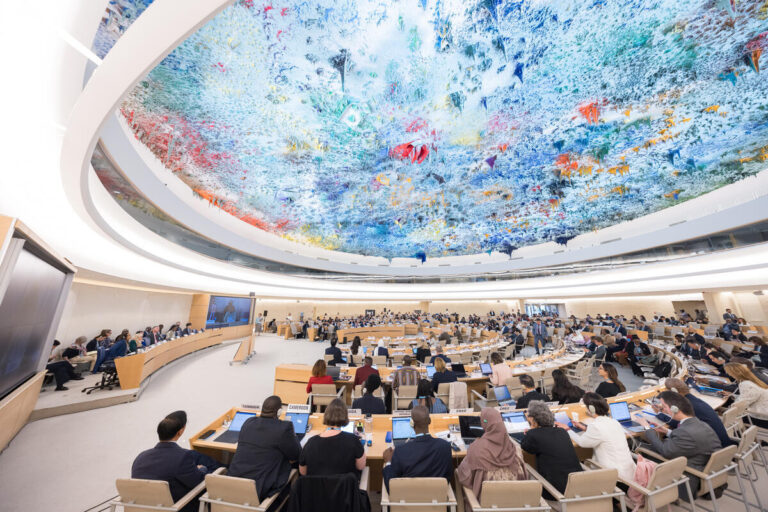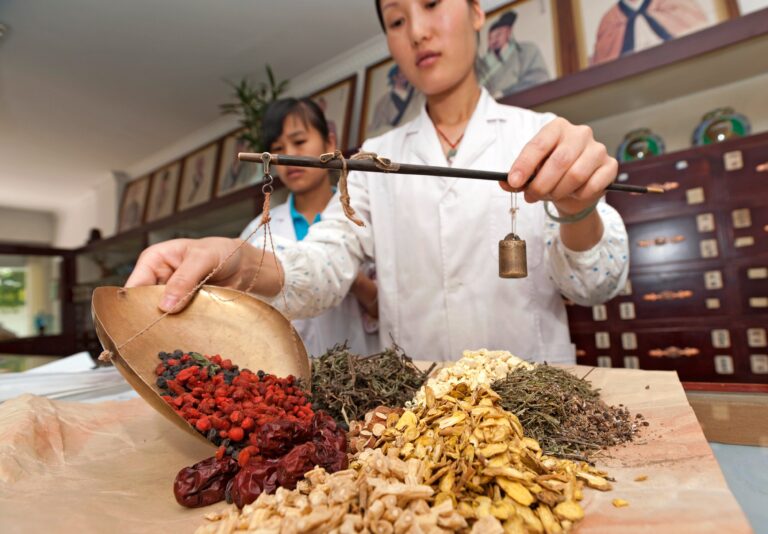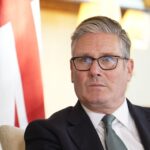The World Health Assembly delivered a landmark victory for traditional medicine and indigenous cultures Monday evening, approving a strategy that calls for increased investment in research and integrating ancient healing practices into modern healthcare systems worldwide.
The approval marks a breakthrough moment for advocates of traditional medicine, with nations across Asia, Africa, the Middle East and Latin America celebrating the decision. Iran called it “a visionary yet realistic roadmap” to integrate thousands of years of medical like its own.
But the strategy text shows WHO walking a careful tightrope, embracing practices that represent “accumulated wisdom and healing practices passed down through generations” while demanding they meet modern scientific evidence standards that could take decades to satisfy.
The strategy that will be in place between 2025-2034 was passed after an intense discussion that saw the European Union voice concerns about quality and safety, embodying the tension between empirical science and millennia-old traditions at the heart of the UN health body’s move.
“We urge the organization to be firm and vocal against harmful and or inefficient practices that may be disguised as alternative medicines,” said the delegate from Poland who made a statement on behalf of the EU and its 27 member states.
The strategy does not imply a preference for TCIM practice over biomedical practice, WHO said. While acknowledging traditional medicine’s “immense value” as a “vast repository of knowledge,” the strategy consistently emphasises that integration must be “scientifically valid” and “evidence-based.”
“It seeks to harness the potential contribution of TCIM to health and well-being based on evidence,” the strategy reads. “It is also designed to prevent misinformation, disinformation and malinformation.”

More than 80% of the world’s population in over 170 of the 194 WHO member states use traditional medicine of some form. In some industrialized countries like France and Canada, usage reaches nearly half the population.
The WHO’s move reflects recognition of a field that serves billions of people worldwide and acknowledges the significant contributions of indigenous cultures to medicine. Around 40% of pharmaceutical products have their origins in traditional medicine, according to the WHO.
“The history, the cultural heritage, the ancestral knowledge…all anchor our traditional medicine work,” said Dr Bruce Aylward, Assistant Director-General for Universal Health Coverage at WHO, while assuring countries of WHO’s support as they find the best ways to integrate their traditional practices in their national systems.
This strategy begins what will be a long and expensive process to standardize and regulate care with traditional methods. Hurdles lie ahead, from financing and research capacity to government wrangling over how to establish global standards.



